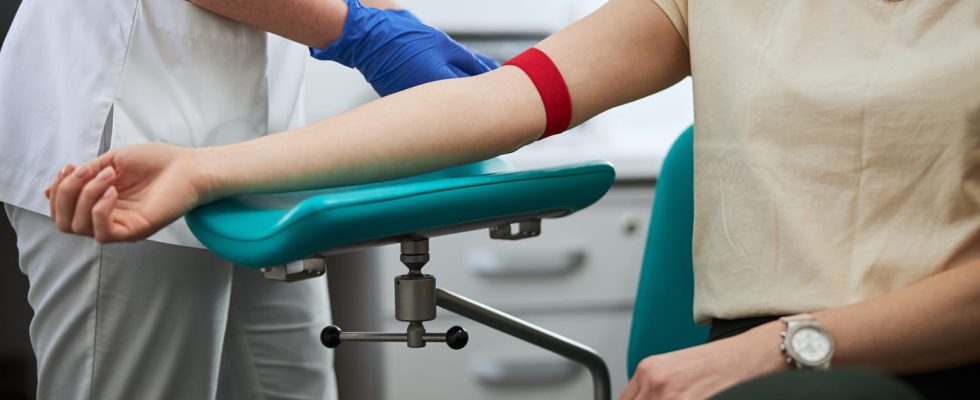Immunology is a science dedicated to the study of the immune system. When this goes wrong, pathologies (allergy, cancer, etc.) can develop. Carrying out immunological tests then makes it possible to detect them.
What is immunology?
Immunology is the branch of biology concerned with to the immune system. This is made up of different types of cells and antibodies which function to defend the body in the event of attack by pathogens (bacteria, viruses, fungi, etc.) and to protect it in the event of illness. When this defense system becomes disrupted and weakens in particular, the body is more vulnerable to the development of different conditions, ranging from allergy until cancer or autoimmune disease.
What are the immune system examinations?
Different tests can be carried out to evaluate the immune system depending on the disease presented, such as a more or less detailed count of lymphocytesan antibody assay (IgG, IgE), an evaluation of the vaccine response, an assay of autoantibodies. These tests should not be confused with tests using detection Acs (Elisa tests For example)
When to do an immunological assessment?
These examinations are prescribed in case of dysregulation of the immune system or participate in the diagnosis of pathologies. This assessment can thus be carried out in the event of:
- allergies,
- congenital immune deficiencies,
- autoimmune diseases (lupus, rheumatoid arthritis, Hashimoto’s thyroiditis, etc.),
- transplants or transplants requiring the use of immunosuppressants,
- infections such as HIV, syphilis, viral hepatitis, etc.
- of cancer.
An immunological assessment is prescribed and “guided”, depending on the pathology sought. It is, most often, a blood test.
Is it useful for detecting cancer?
According to‘Incaimmunological tests are used in particular to detect colorectal cancer (Hemocult). Since April 2015, this test has been recommended every 2 years for people aged 50 to 74. According to the Institute, “it has demonstrated good performance in terms of detection of cancers and precancerous lesions“. To make at home, it “based on detection of human hemoglobin in stools through the use of monoclonal or polyclonal antibodies, specific for the globin part of human hemoglobin”, specifies the Inca. According to the epidemiological evaluation conducted by Santé Publique France on the screenings carried out in 2018-2019, the program made it possible to detect 11,235 colorectal cancers and 48,370 advanced adenomas: 43.9% were detected at stage 1, 22.8 % at stage II, 23.2% at stage III and 10.1% at stage IV.
- The essentials on the immunological test – Inca – March 24, 2023
